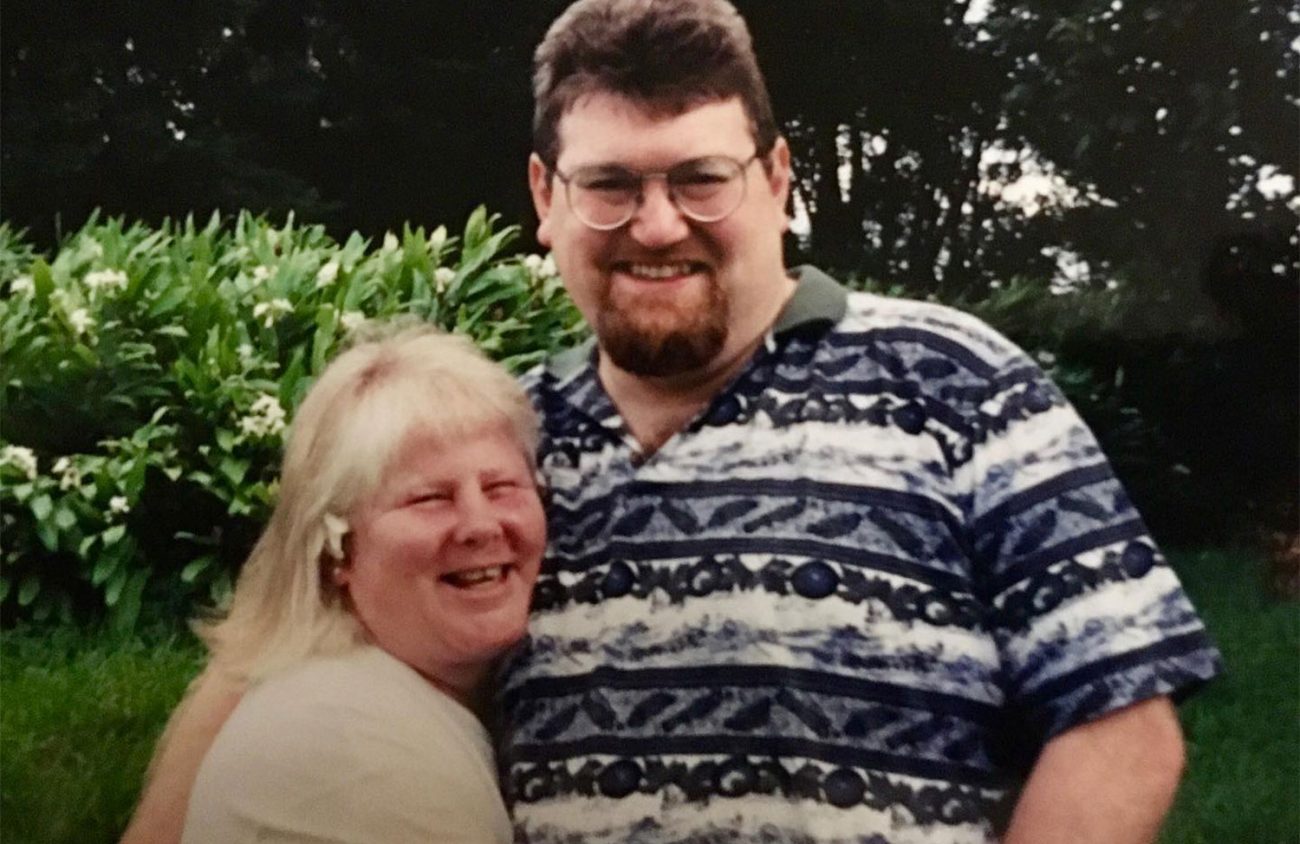It’s been nine months. Nine long months since Brian Alexander’s wife, MaryKay Alexander, died of COVID-19. Her death from the virus in March was the first in Lane County, but to her husband, MaryKay’s life was more than a number.
After 22 years of marriage, Alexander is trying to pick up the pieces of his life torn apart by the pandemic. He says he still lives in a widower’s fog, though now he is focused on trying to move on.
“I’m not necessarily trying to memorialize her as much as I am trying to straighten my life out,” he says.
Both Brian and MaryKay Alexander got COVID-19 in early March after attending a funeral for a family member in Washington. Though they both got sick, neither was tested. There weren’t many tests at the time and the criteria for testing were strict, Alexander explained to Eugene Weekly during an interview in May. Doctors attributed his symptoms to the common flu.
But after his wife died, doctors tested her and Alexander for COVID-19 — and they were both positive.
In the months following his wife’s death, Alexander grappled with the loss of his spouse, working at his job and joining various support groups: his church and several Facebook groups for those who have lost loved ones. Alexander says he’s probably received the best support from his Grateful Dead fan group.
“They’ve been the most supportive virtual community,” he says with a laugh.
An essential worker, Alexander works in the transportation department for Eugene School District 4J.
Lately, Alexander has spent his free time consolidating the items in their house as he prepares to move to the coast. Brian and MaryKay were planning to move to Florence before the pandemic, and he wants to follow through. They’ve always liked the Oregon Coast, he says. The couple debated moving to Hawaii where MaryKay is from, but decided they didn’t want to uproot their lives in Eugene.
“We’ve always liked Florence and have gone over there to play on the beach, decided that would be a good compromise and be near the ocean,” Alexander says. The couple lived in their Eugene home since they were first married.
But now parts of their house are haunted with MaryKay’s untimely death. She was sick in their bedroom when she stopped breathing, Brian says. Then the paramedics arrived and took her to the hospital, but she was already gone.
This past year has also allowed Alexander to reflect on the pandemic itself. He says all anyone can do is to try to slow the spread by wearing a mask and keeping social distance from others. Back in April and May, he explains, everyone made fun of the hospitals for getting ready for an influx of patients.
“They were just being prepared and now that we really need them, people are complaining there is not enough capacity,” Alexander says. He adds that the virus is even more unpredictable than he originally thought, as it seems to be jumping everywhere these days. Other family members and friends of his contracted it, too.
Alexander says he hopes that now the hospital community has enough knowledge of COVID-19 to prevent others from what happened to MaryKay.
“She was told not even to come in,” he says. “She had pneumonia a couple of times that made her lungs more susceptible.”
Alexander says he also was getting over bronchitis at the time. Many people have pre-existing conditions, he says, and wonders why it is still of interest when either way the virus is killing people. And, he continues, the politicization of the virus has made everything worse.
He emphasizes again that not everyone has the privilege to stay home all the time, and he wants to recognize the workers who risk COVID each day to provide food or to be a cashier at the grocery store. Alexander truly knows the worst the virus can do.
COVID-19 is still infecting the rest of the country at an alarming rate, lingering over those who have lost loved ones. The virus is the barrier that prevents Alexander from spreading his wife’s ashes in Hawaii and is the reason he hasn’t held a memorial service. She would have wanted one in person, he says.
“The idea of having a Zoom memorial service didn’t ring true to who she was,” he says. “Her friends are going to remember her whenever we can do this.”
